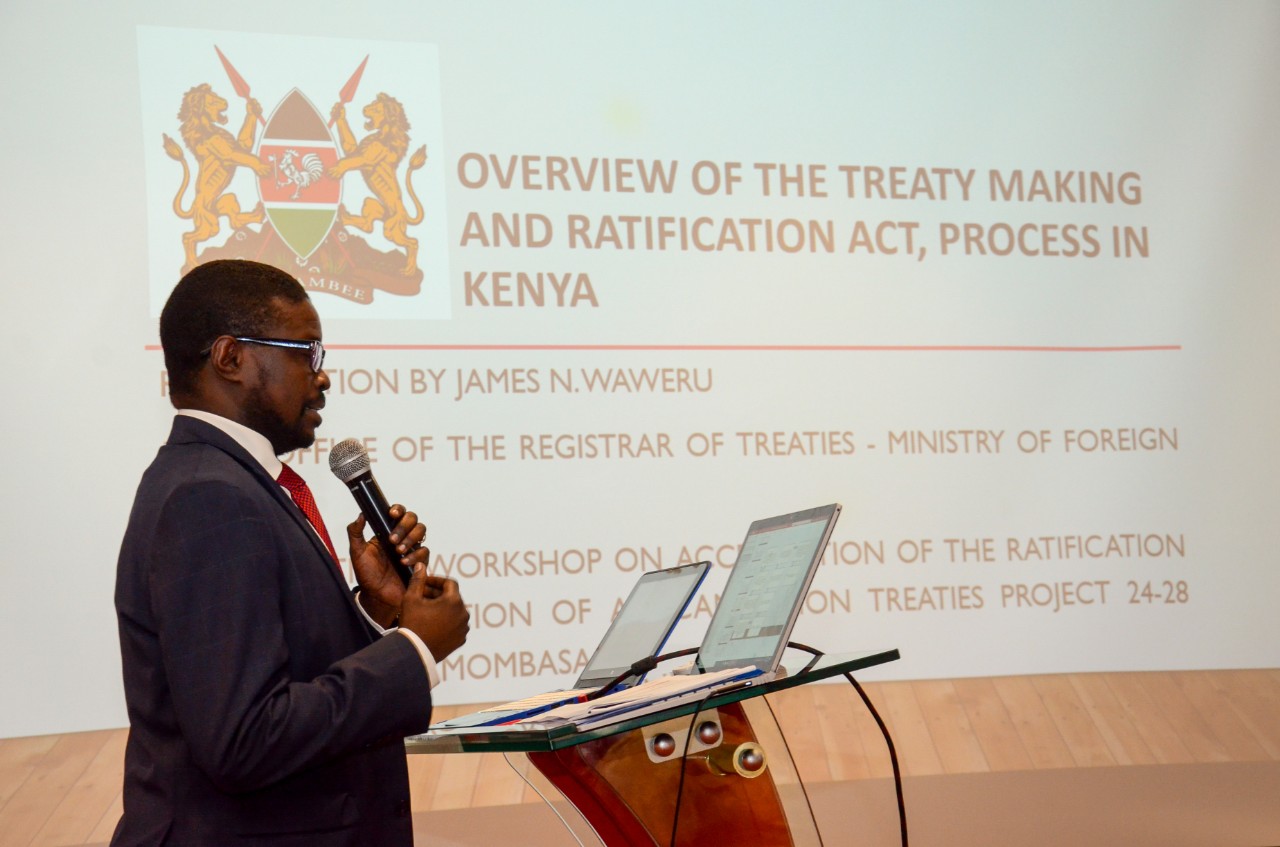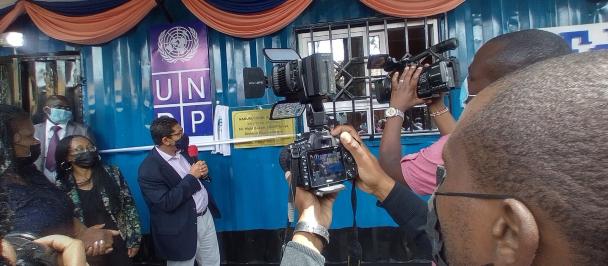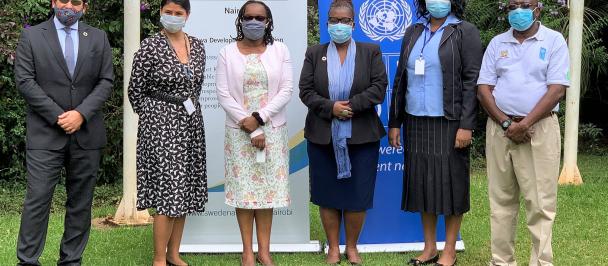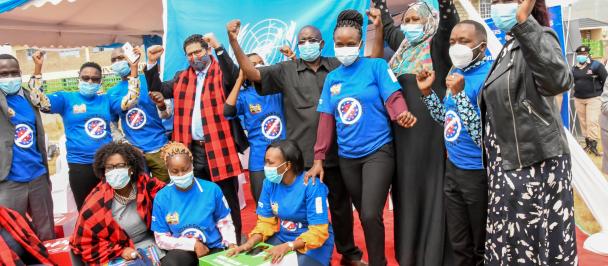Accelerating the Ratification and Domestication of the African Union Treaties
Background
Africa is facing complex challenges related to respect for human rights, the rule of law and governance that hinder the attainment of sustainable development. While these challenges may be of different nature, they are all interlinked, hence the need for regional approaches and solutions. The African Union (AU) intends to address the root causes of underdevelopment in the continent through its Agenda 2063. Implementation of normative frameworks is critical for the achievement of the Agenda 2063 aspirations and the United Nations (UN) Agenda 2030 for sustainable development. The AU provides an institutional framework for advancing the achievement of developmentrelated goals across the continent.
AU Treaties provide the normative and legal mechanism, through which Member States can foster greater political and economic integration, while simultaneously catalyzing enhanced peace and security, poverty reduction and Sustainable Development Goals (SDGs). Since the creation of the Organization of African Unity (OAU) in 1963 and the AU in 2001, Member States have adopted a total of 74 treaties, protocols, and conventions. Greater policy convergence amongst Member States and collective action in support of the AU’s role – demonstrable through the ratification and domestication of the AU treaties that have been negotiated and agreed upon at the AU level – would have a significant development impacts, not least since AU treaties cover the entire landscape of peace, security and development issues.
Project objectives
The project is designed to address challenges and bottlenecks associated with ratification and domestication of 6 selected treaties, and help enhance the capacity of the AU for the medium and long term to enable, manage the ratification process, and provide tailored support to member states with domestication challenges. The project is implemented both at the regional and national levels and aims to leverage UNDP’s presence in all AU Member States; in Kenya, the project is implemented in close collaboration with the Ministry of Foreign Affairs.
The project focuses on the following objectives, which are inherently linked to the outcomes of the project:
1. To ensure that the AU has legitimacy and meaning beyond its Headquarters in Addis Ababa by linking the treaties it has developed at the continental level with positive impact on the lives of ordinary Africans; this will ensure that the values on which the AU is built are protected and advanced.
2. The African continent is better enabled to meet both the objectives outlined in the Agenda 2063 and the 2030 Agenda for Sustainable Development by providing a robust legal framework in which they can be implemented at regional and country levels.
3. To improve harmonization between AU treaties and the different RECs on the continent - thereby enhancing national planning processes and developing synergies across legal frameworks. Fostering a harmonized approach among the RECs, which are guided by AU agreements and principles, is expected to have a significant impact on relations within but also between the RECs, and to facilitate cooperation for trade and human security in border regions.
4. To ensure the work of international development partners – including both bilateral and multilateral actors – is anchored in, supportive of and leveraging AU treaties.
Six priority countries were selected jointly with the AUC and partners based on regional balance, openness to civil society, ‘deeprootedness’ of democratic system, legal diversity (encompassing the three-major existing legal systems on the African continent) and willingness to participate in this first phase of the project. These are Senegal and Burkina Faso (Western Africa) Kenya (East/Horn of Africa), Tunisia (Northern Africa), Sao Tome and Principe (Central Africa) and Mozambique (Southern Africa). The following 6 treaties have also been selected during the first phase:
1) African Charter on Human and People’s Rightsm, adopted in 1981.
2) Protocol to the African Charter on Human and People’s Rights on the Rights of Women in Africa (Maputo Protocol), adopted in 2003.
3) African Youth Charter, adopted in 2006.
4) African Charter on the Rights and Welfare of the Child, adopted in 1990.
5) African Charter on Democracy, Elections and Governance, adopted in 2007.
6) AU Convention on Prevention and Combatting Corruption, adopted in 2003.
The ratification and domestication of the treaties will have a significant impact on development in the country as it gives basis for state consent to issues of common concern and enhances government accountability to the people.

 Locations
Locations



